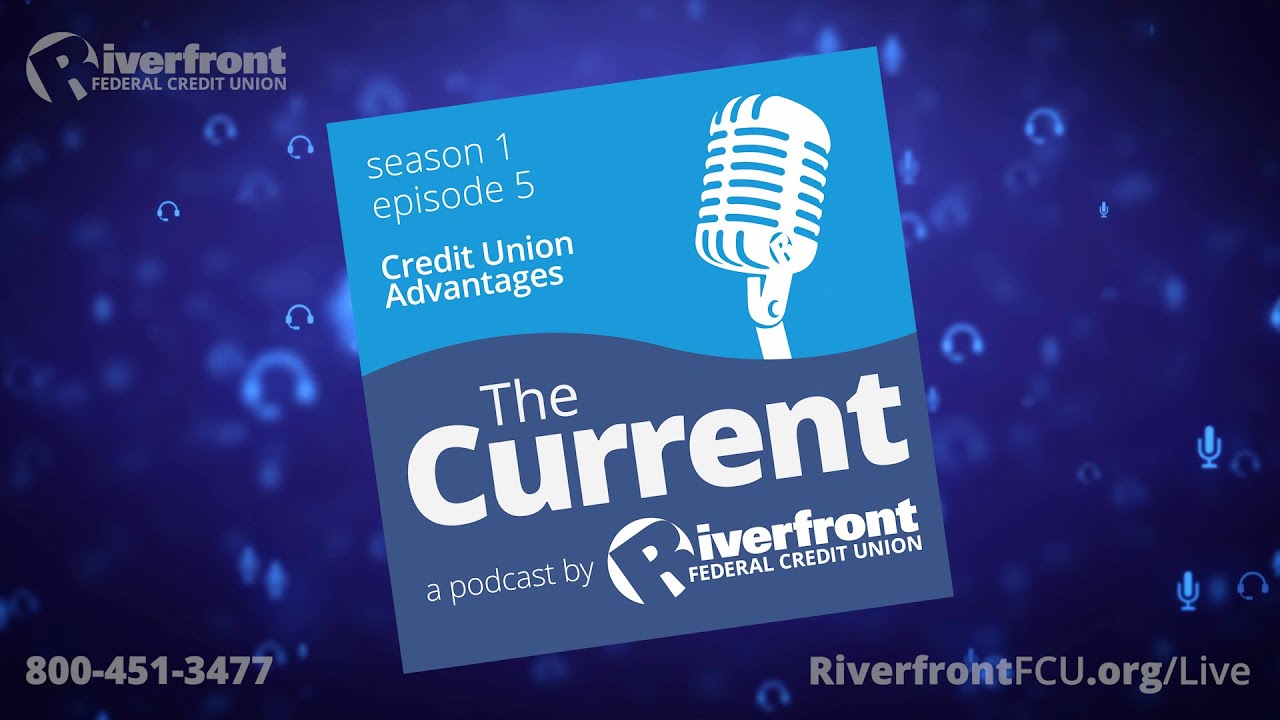Advantages of Credit Unions
Credit unions are financial institutions that are owned and operated by their members, who share a common bond such as employment, community, or association. In recent years, credit unions have gained popularity due to their unique structure and the various advantages they offer over traditional banks. In this article, we will explore the advantages of credit unions and why they can be a beneficial choice for individuals seeking financial services.
Lower Fees and Better Interest Rates
One of the primary advantages of credit unions is their ability to offer lower fees and better interest rates compared to traditional banks. As not-for-profit organizations, credit unions prioritize their members’ financial well-being and aim to provide cost-effective services. This means that credit unions often have lower fees for services such as checking accounts, loans, and credit cards. Additionally, credit unions typically offer higher interest rates on savings accounts and lower interest rates on loans, allowing members to save more and borrow at a lower cost.
Personalized Service and Community Focus
Credit unions are known for their personalized service and strong community focus. Unlike large banks, credit unions are often smaller in size and have a more intimate member base. This allows credit union staff to develop personal relationships with their members and provide individualized attention. Whether you need assistance with financial planning, loan applications, or general inquiries, credit unions prioritize providing excellent customer service and tailored solutions. Moreover, credit unions often actively participate in community development initiatives and support local causes, fostering a sense of belonging and community engagement.
Member Ownership and Democratic Control
Unlike traditional banks where profits are distributed among shareholders, credit unions are owned and controlled by their members. This means that every member has an equal say in the credit union’s decisions and can participate in the democratic governance process. Members have the opportunity to vote for the board of directors and influence the direction of the credit union. This member-centric approach ensures that the interests of the members are prioritized and decisions are made in their best interest, rather than solely focusing on maximizing profits.
Financial Education and Support
Credit unions often prioritize financial education and support for their members. They understand the importance of empowering individuals with the knowledge and skills needed to make informed financial decisions. Many credit unions offer educational resources, workshops, and one-on-one sessions with financial advisors to help members improve their financial literacy. By providing these resources, credit unions aim to promote financial well-being and empower members to achieve their financial goals.
Flexibility and Accessibility
Credit unions strive to provide flexibility and accessibility to their members. They understand that each member’s financial situation is unique and offer a range of products and services to cater to diverse needs. Whether you are a first-time homebuyer, a student looking for affordable loans, or a business owner seeking financial solutions, credit unions often have flexible options to meet your requirements. Additionally, credit unions are part of a shared branch network, allowing members to access their accounts and conduct transactions at various locations, providing convenience and accessibility.

Credit unions offer numerous advantages that make them a compelling choice for individuals seeking financial services. From lower fees and better interest rates to personalized service and community focus, credit unions prioritize their members’ financial well-being. By being member-owned and democratically controlled, credit unions ensure that decisions are made in the best interest of their members. Furthermore, credit unions actively promote financial education and support, empowering individuals to make informed financial decisions. With their flexibility and accessibility, credit unions provide a viable alternative to traditional banks. Consider joining a credit union today to experience the benefits firsthand.
Frequently Asked Questions about the Advantages of Credit Unions
1. What is a credit union?
A credit union is a member-owned financial cooperative that offers financial services to its members.
2. How are credit unions different from banks?
Credit unions are not-for-profit organizations owned by their members, while banks are for-profit institutions owned by shareholders.
3. What are the advantages of joining a credit union?
Some advantages of credit unions include lower interest rates on loans, higher interest rates on savings, and personalized customer service.
4. Are credit unions insured?
Yes, most credit unions are insured by the National Credit Union Administration (NCUA) up to $250,000 per account.
5. Can anyone join a credit union?
Eligibility to join a credit union varies, but many credit unions have membership requirements based on a specific profession, organization, or geographic area.
6. Do credit unions offer online banking services?
Yes, many credit unions offer online banking services, including mobile banking, bill payment, and e-statements.
7. How can credit unions offer lower interest rates?
As not-for-profit organizations, credit unions have lower operating costs compared to banks, allowing them to offer more competitive interest rates.
8. Can credit unions provide mortgages?
Yes, credit unions often offer mortgage loans with competitive rates and flexible terms.
9. Are credit unions limited in the services they offer?
No, credit unions offer a wide range of financial services including checking accounts, savings accounts, credit cards, auto loans, and investment options.
10. Do credit unions charge fewer fees?
Generally, credit unions have lower fees compared to banks, as they prioritize member satisfaction over profit maximization.
11. Are credit unions more community-oriented?
Yes, credit unions are often deeply involved in their communities, supporting local initiatives and providing financial education programs.
12. Can credit unions help me build credit?
Yes, credit unions can help you establish and improve your credit by offering credit-building loans and providing guidance on responsible credit usage.
13. Are credit unions accessible nationwide?
While credit unions may have specific membership requirements, many credit unions participate in shared branching networks, allowing members to access services at various locations nationwide.
14. Do credit unions offer competitive interest rates on savings accounts?
Yes, credit unions often offer higher interest rates on savings accounts compared to traditional banks.
15. Are credit unions focused on customer service?
Yes, credit unions prioritize personalized customer service, often providing a more friendly and member-centric experience compared to larger banks.




